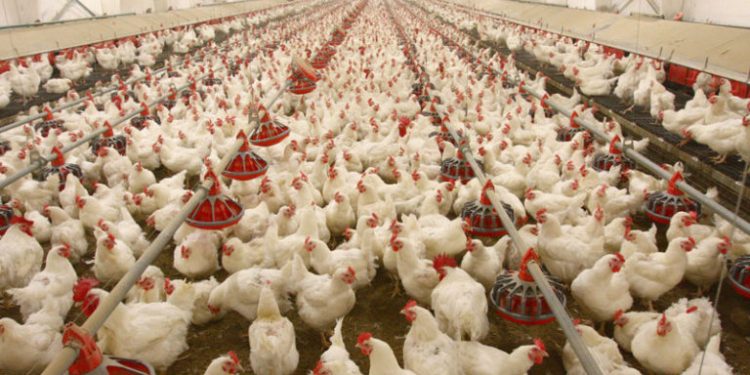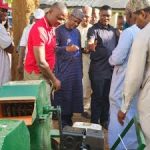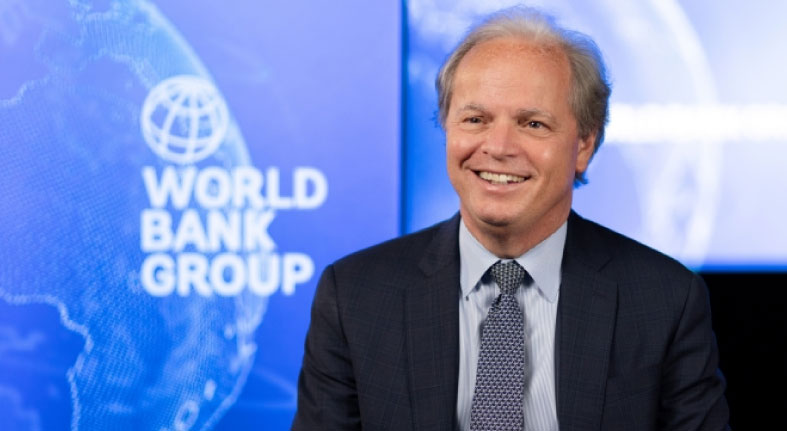The Livestock Productivity and Resilience Support Project (L-PRES) has unveiled plans to boost Nigeria’s annual vaccine production from 120 million to 850 million doses. The expansion aims to reduce reliance on imports and strengthen the country’s livestock sector.
Sanusi Abubakar, the National Project Coordinator of L-PRES, confirmed the initiative in an interview on Monday in Abuja. He described the current vaccine production capacity of the National Veterinary Research Institute (NVRI) as inadequate, stressing the urgent need for expansion. Enhancing local production, he noted, would significantly lower the cost of vaccine imports and improve livestock health.
L-PRES intends to modernize NVRI’s infrastructure, upgrade its outdated equipment, and expand storage facilities to achieve this goal. The upgrades will ensure the institute meets international Good Manufacturing Practices (GMP) standards, positioning Nigeria as a vaccine exporter and reducing capital flight.
To strengthen vaccine distribution, L-PRES has completed a 40-million-dose storage facility in Sheda, FCT. Plans are also underway to construct six additional storage centers across Nigeria’s geopolitical zones, ensuring efficient vaccine access for livestock farmers.
Beyond vaccine production, L-PRES is investing in Nigeria’s livestock industry by improving breeding technologies, renovating markets, and establishing a pasture seed multiplication center at the National Animal Production Research Institute (NAPRI) in Zaria. By 2025, the project will support animal breeding through Assisted Reproduction Technology (ART) and Artificial Insemination (AI) to enhance livestock quality.
L-PRES, a six-year initiative, is designed to boost livestock productivity, resilience, and commercialization while strengthening Nigeria’s capacity to respond to crises in the sector. Despite its significance, the livestock industry remains underdeveloped, contributing less than 10% to the agricultural GDP. However, it remains a critical economic pillar, employing 30% of Nigeria’s rural population and providing financial security for households.










